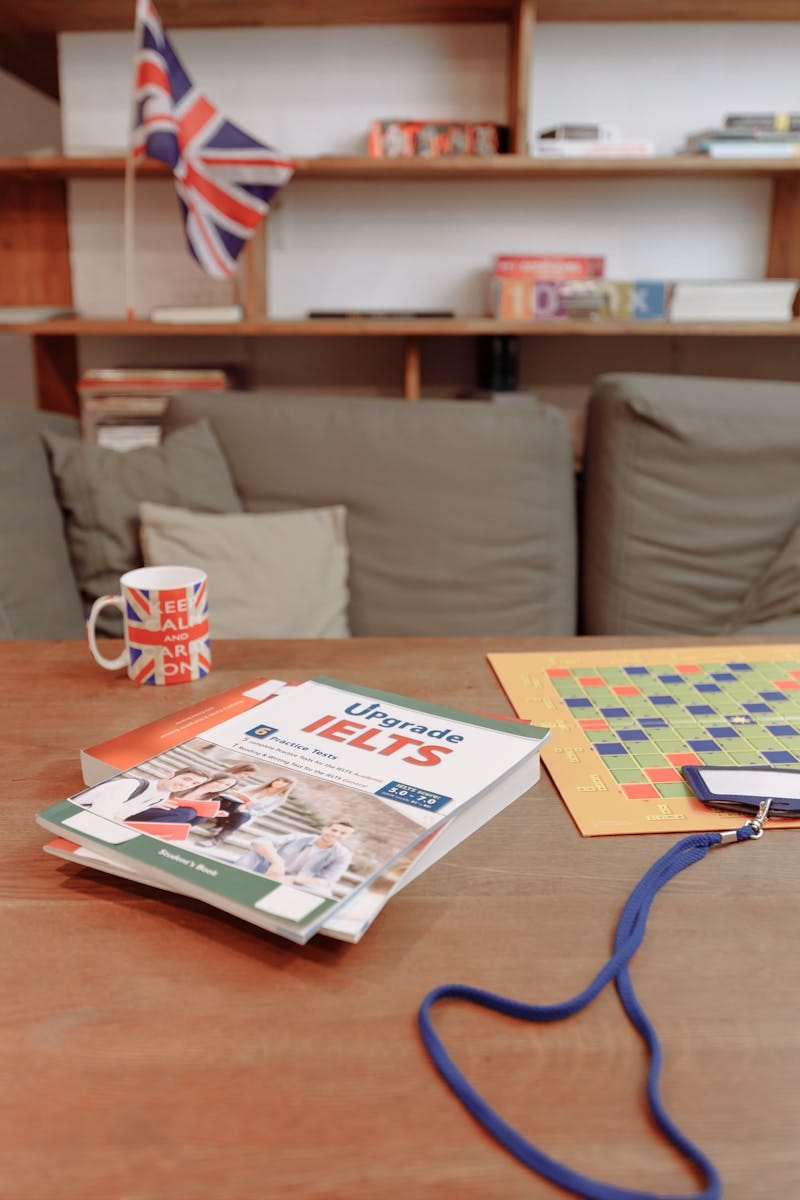
Not only do we learn terms and phrases related to daily life when we learn a language, but we also pick up vocabulary related to daily subjects and things that are happening in the world around us. While preparing for an IELTS test, you need to familiarize yourself with a wider range of topics to facilitate access to appropriate vocabulary and ideas related to these topic areas. One of the keys to a better output is getting a wide variety of vocabulary. By reading every day, watching English programs and films, singing in English, and studying word lists, you can develop your vocabulary tool. It’s easier to think about what to say quickly by increasing your vocabulary range and it helps you to understand the topics you ‘re listening to, reading, writing, or talking about.
Mind maps are a simple way to help keep your thoughts organized. It also assists you to get a good score in IELTS. They ‘re also a great way to prepare for IELTS as you’ll have all your ideas and language in one place linked to a single subject. Once you discuss a subject area, a mind map is made. Such words are ESSENTIAL for all aspects of the IELTS exam, and they will help you improve your reading and listening grades because you can understand better and be able to anticipate the responses that will save your time. Learning how to spell and pronounce these key terms in writing and speaking exercises will also give you more power, precision, and versatility.
For task 1 of the IELTS academic writing test, visual information must be provided with words (about 150). Using the details, you will be given 20 minutes to review the data in the form of a graph, map, table or diagram, and complete a mission. Illustrated maps are one type of visual data provided to you for this mission. Still, how do you explain a map for IELTS? To address the challenge of explaining an exam chart, you need to consider the goals of the task at hand. Importantly, while 75% of your score represents your linguistic performance (coherence and cohesion, vocabulary, and grammar), 25% depends on the task you accomplish.
Earning a high band score for task 1 completion is given for a “clear overview of major patterns, variations, or stages.” When a clear overview can not be achieved, the main features relevant to the prompt must be minimally stressed. Mind maps can come in many types and shapes. You may be a person who likes lists, listing all your thoughts and words, or using boxes or circles, or highlighting keywords with arrows and color. Your mind map needs to include as many languages as you can relevant to the subject. You will perform successful IELTS Assessment Training at the Focus Education Center of Canada by practicing assessments and other useful resources. Learn to know the evaluation structure and scoring system. IELTS Training in Mississauga will help you prepare for the IELTS Test. Our Focus Education Center of Canada prepares students in the internationally recognized language and postgraduate exams to get high scores and excel in group IELTS training. Our IELTS curriculum is structured to help students learn the strategies and skills required to succeed on test day.
IELTS Learning Courses help you prepare for IELTS tests. IELTS preparation in Canada will help you to prepare well for the IELTS test. Preparation means far more than simply improving your English skills. Analyze your results by getting your practice assessments reviewed by an expert. Building trust and your actions will reflect on your IELTS Ranking. The more you are aware of, the fewer mistakes you make. The IELTS examination, taken internationally, is a very high-quality examination, and the standards are set high. Any mistake or error counts but if you prepare correctly in English with a sound knowledge base and can implement your exam skills, a bright future awaits you.
A mind map has the most important purpose of grouping knowledge into logical categories to help you understand what you’ve learned. You will also include parts of the speech in your diagram from the perspective of English as a second language to remind you which verbs, nouns, adverbs, adjectives, and phrasal verbs you can use when talking about a particular subject. Increasing your vocabulary across a wide variety of subjects can improve when you’re reading, writing, listening, and talking to people. You will also be more prepared, able to have easier access to the language and ideas you need, so you can do your very best on the test day, and especially by using Vocabulary mind maps, you can get a good score in IELTS.